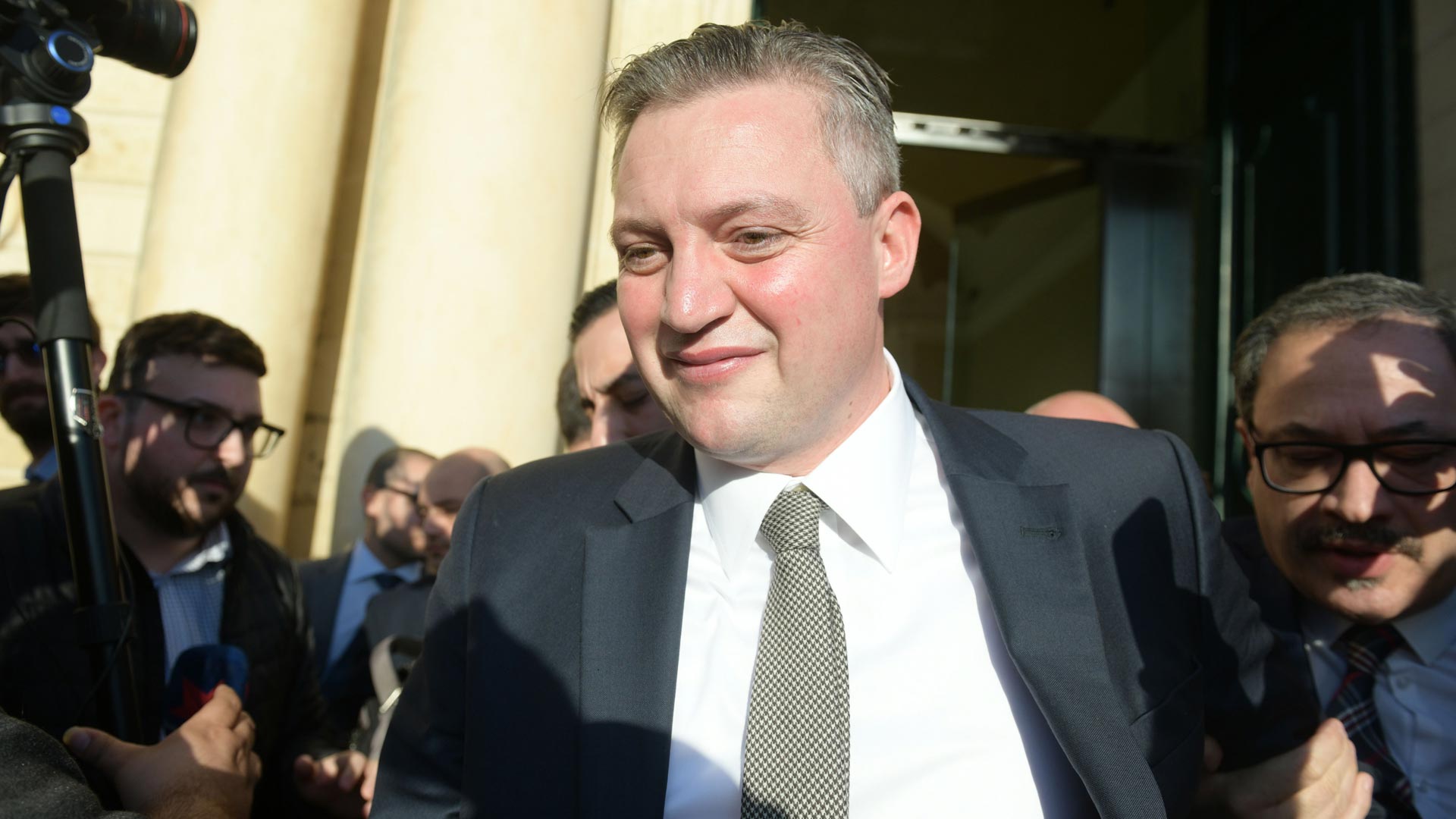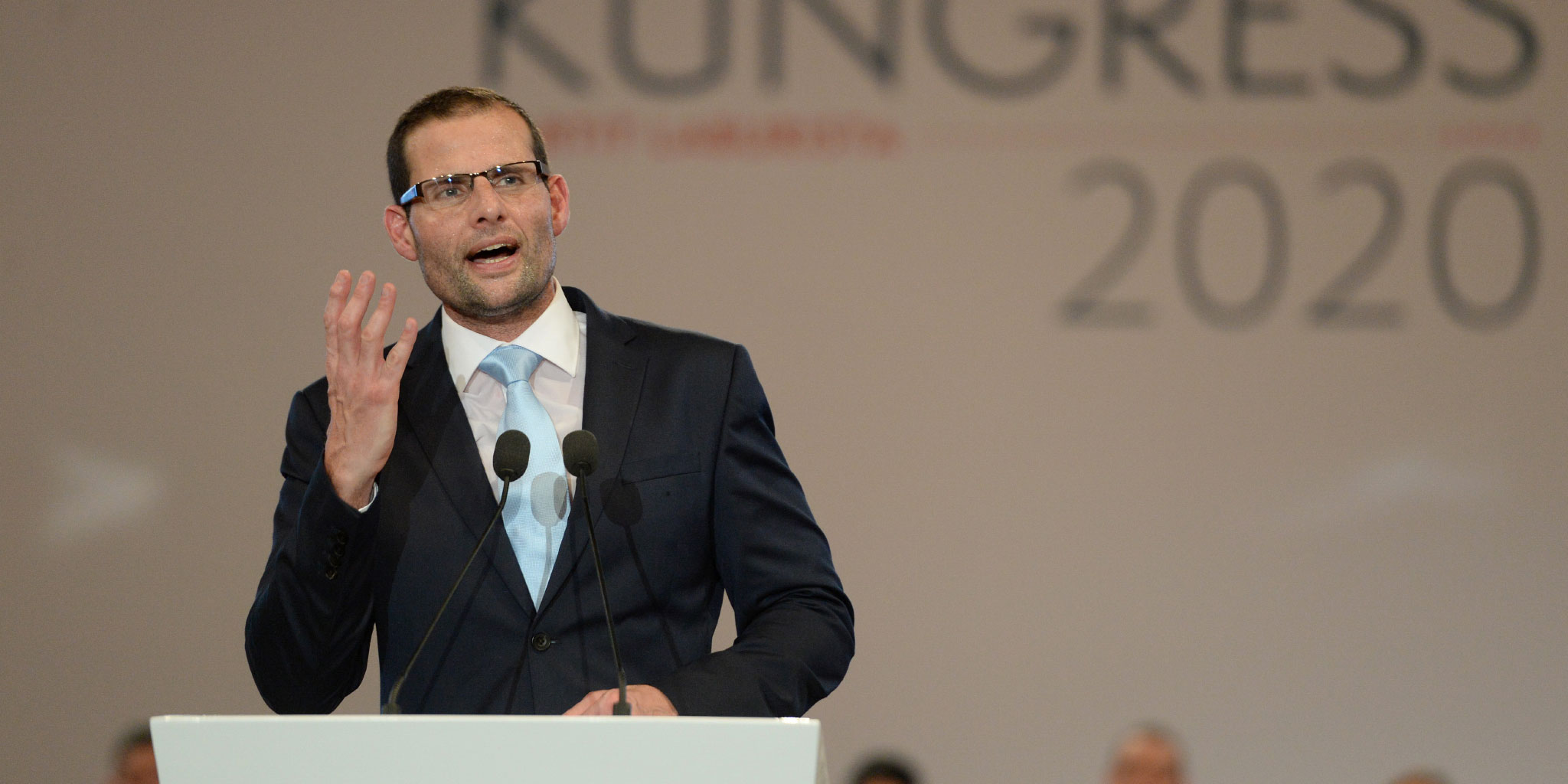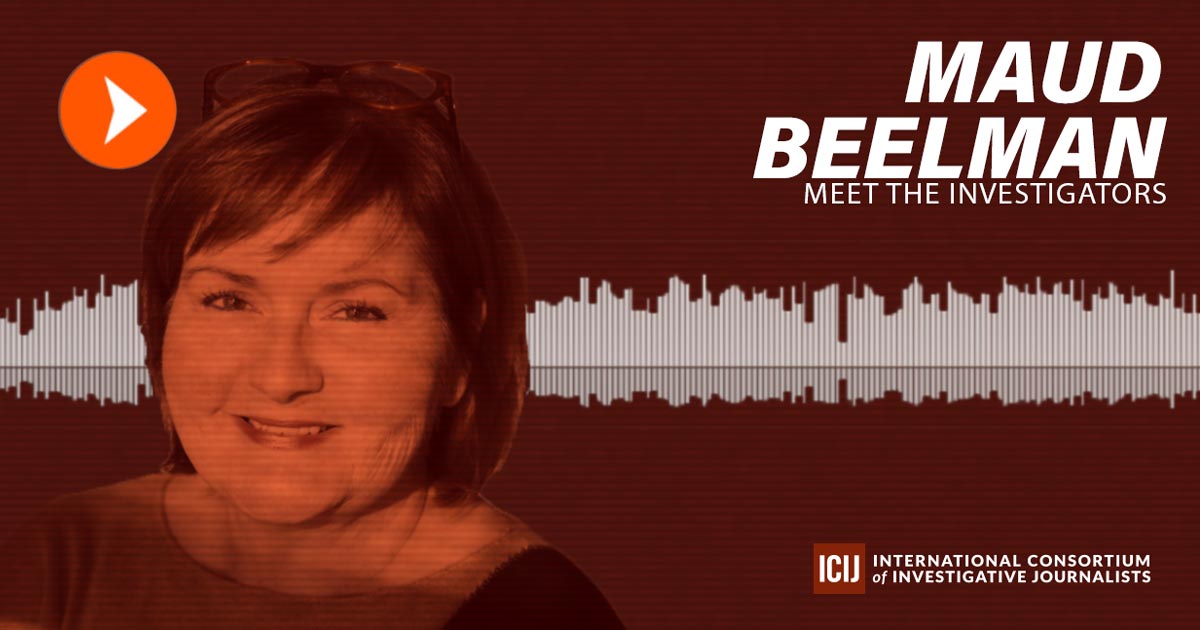IMPACT
Maltese MP voted out by party amid turmoil over Panama Papers’ ties
The Panama Papers revealed that shortly after taking office, Konrad Mizzi incorporated undeclared shell companies.

The political career of Malta’s former deputy prime minister Konrad Mizzi lies in ruins after his ruling Labour Party (PL) colleagues voted for his expulsion over secretive offshore dealings revealed in the International Consortium of Investigative Journalists-led Panama Papers investigation.
Mizzi was the star performer during the country’s March 2013 election, when the left-leaning Labour Party took power. His senior executive government roles included the energy portfolio, where he presided over several large infrastructure projects.
In 2015, Malta’s state energy company purchased a wind farm in Montenegro, a country on the Adriatic Coast, a project promoted by Mizzi.
ICIJ members Jacob Borg (Times of Malta) and Stephen Grey (Reuters) reported that the purchase involved a mystery company registered in the United Arab Emirates called 17 Black, a company that was owned by Malta’s richest man, Yorgen Fenech.
In April 2016, the Panama Papers revealed that after taking office three years earlier, Mizzi and then government chief of staff Keith Schembri, had incorporated undeclared shell companies in Panama.
Prime Minister Robert Abela has insisted on a full inquiry into the Montenegro deal, which is believed to have reaped 17 Black a $5.2 million profit. Police claimed they were already investigating the transaction.
Mizzi has always denied any involvement with or knowledge of 17 Black, any personal influence in awarding the Montenegro contract, and denies knowing that Fenech was involved in the deal. He also refused to step down before his ousting.
“I did not agree that I should resign over allegations and speculations pushed forward by the PL’s adversaries,” Mizzi wrote on his Facebook page.
He has yet to formally notify parliament but is expected to remain as an independent lawmaker.
When doorstepped about the allegations in 2016, he accused Times of Malta reporter and ICIJ member Jacob Borg of false reporting, questioning his professionalism, and branding him a “young upstart.”
“You have lied blatantly, you have fabricated a story,” he said.
When I was still a young upstart at the Times of Malta, following a major scandal broken by Daphne Caruana Galizia, Konrad Mizzi accused me of fabricating a story about his suspect Panama dealings. pic.twitter.com/sCfTuqnEkw
— Jacob Borg (@BorgJake) June 23, 2020
In June 2017, following another election victory, the then prime minister Joseph Muscat appointed Mizzi as tourism minister, ignoring widespread calls for an inquiry into his conduct as energy minister.
In late 2019, Mizzi resigned from his position when Fenech became the prime suspect in the October 2017 car-bomb murder of journalist and anti-corruption activist, Daphne Caruana Galizia, only months after she wrote a blog piece about the mysterious 17 Black and its links to unnamed politicians.
Schembri also stood down amid reports that he had been questioned in connection with the assassination.
In January 2020, Muscat resigned after Fenech told prosecutors he had received information on an ongoing basis from senior government members, including Schembri, about the progress of the murder investigation.
Schembri told a Malta court on Monday that he intended to use the offshore structures to conduct business with the murder suspect only after leaving politics.
However, documents contained in the Panama Papers show that he assumed ownership of his Panama company Tillgate in 2015, while he was still Muscat’s chief of staff and there was no hint of his imminent retirement.
Moreover, the documents also show the accounts would have been declared dormant unless at least $1 million a year flowed into them from 2016 onwards.
Following Mizzi’s dismissal from his party, Opposition leader Adrian Delia called on the government to remove Muscat from parliament, saying that he was harming Malta’s reputation.
This story was updated on June 25, 2020 with new details.


